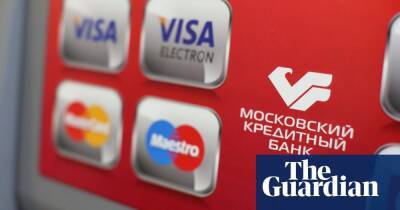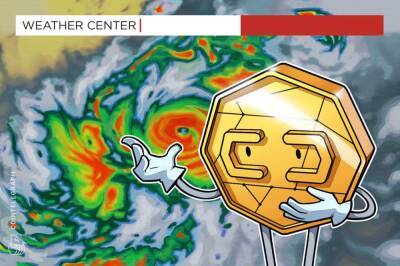How the growing Russian ransomware threat is costing companies dear
The January snow lay thick on the Moscow ground, as masked officers of the FSB – Russia’s fearsome security agency – prepared to smash down the doors at one of 25 addresses they would raid that day.
Their target was REvil, a shadowy conclave of hackers that claimed to have stolen more than $100m (£74m) a year through “ransomware” attacks, before suddenly disappearing.
As group members were led away in cuffs, FSB officers gathered crypto-wallets containing untold volumes of digital currency such as bitcoin. Others used money-counting machines to tot up dozens of stacks of hundred dollar bills.
<p lang=«en» dir=«ltr» xml:lang=«en»>FSB video of the alleged raid (which is entertaining but not that enlightening): pic.twitter.com/awdS3VRdKCThe cybercriminals behind REvil had mastered a form of extortion orchestrated by seizing control of company computer systems and demanding payment to unlock them.
The ramifications of this increasingly common crime stretch from geopolitical tension between Russia and the west, to Britain’s looming shortage of Hula Hoops, Skips and Nik Naks.
This week, KP Snacks wrote to shopowners to warn of supply issues until “the end of March at the earliest” as it “cannot safely process orders or dispatch goods”.
KP – and fans of its savoury treats – had become the latest victims of a ransomware attack that, as of Friday afternoon, the company was still fighting. Multiple calls to the company went answered.
When the boss of a company such as KP gets the dreaded ransom note, no matter what time of day, their next call might well be to US cybersecurity firm Mandiant.
“The typical situation is that they don’t see it coming and then all of a sudden they experience a devastating impact,” says Dr Jamie Collier,
Read more on theguardian.com





















